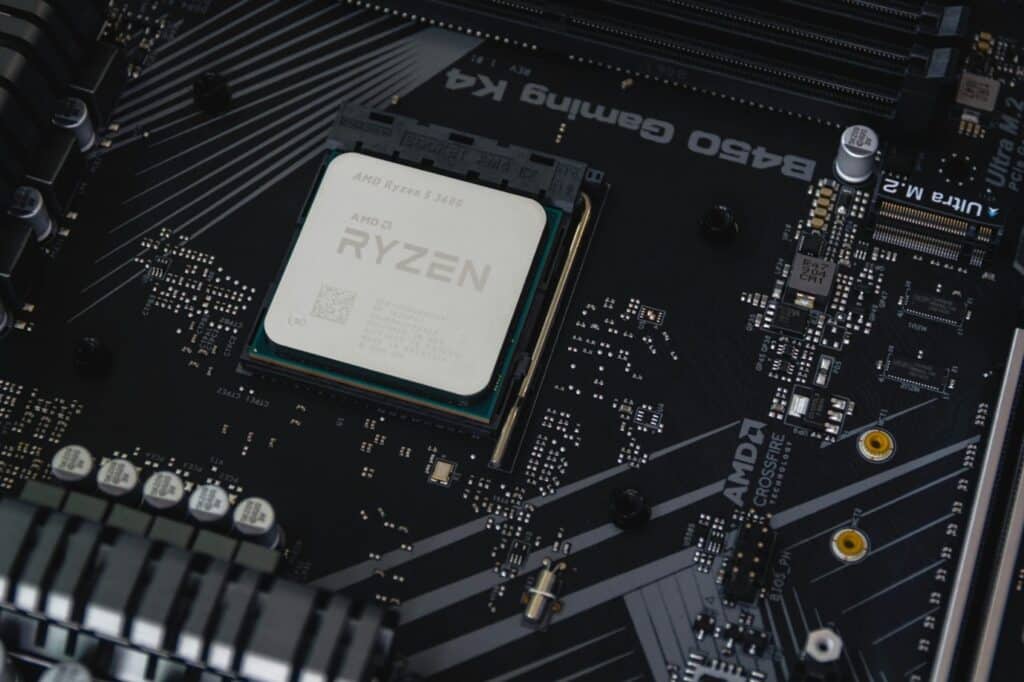Quantum Computing is one of the most significant and promising technologies with the potential to transform various industries. By integrating AI and leveraging the synergy between these two fields, it becomes possible to achieve high-quality, complex, and task-oriented solutions that traditional computers cannot yet solve.
What is Quantum Computing?
Quantum computing is a field of computer science focused on developing computers based on the principles of quantum theory—that is, calculations governed by the laws of physics. By using specialized hardware and algorithms, quantum effects such as superposition and quantum interference are harnessed.
The first commercially available quantum computer was released in 2011 by D-Wave Systems.
How Do Quantum Computers Work?
Quantum computing employs quantum calculations using 1s, 0s, and 1 and 0 simultaneously. This enables significantly increased processing power, as bits can exist in multiple states simultaneously. In comparison, classical computing traditionally uses binary bits: 1s and 0s. In classical computers, the basic unit of information is a bit, whereas in quantum computers, it is a qubit.
Quantum computers operate using particles like electrons and photons, which possess charge or polarization. Two key principles of quantum physics are utilized: superposition and entanglement (quantum interference).
- Superposition allows information to exist in all possible configurations simultaneously.
- Entanglement reflects the phenomenon where one qubit influences another.
Another essential term of quantum computing is quantum theory, which encompasses several theoretical elements:
- Energy exists as discrete units.
- Elementary energy and matter particles can function as particles or waves depending on conditions.
- The motion of elementary particles is unpredictable.
- Measuring complementary values simultaneously results in inaccuracies—for example, measuring both the position and momentum of a particle with precision leads to greater uncertainty in one of the values.
Quantum technology can be categorized into several types:
- Quantum cryptography.
- Quantum processing.
- Quantum sensing.
What Are the Applications and Benefits of Quantum Computing?
Quantum computing offers several advantages, the most prominent being speed. These systems are much faster than classical computers and excel at solving complex tasks and simulations that are currently challenging for traditional technologies.
Another notable capability is that quantum computers, like AI or machine learning, can process vast amounts of data, making them a potential alternative to AI by using fewer resources for complex tasks. However, these possibilities are debated, as not everyone believes quantum mechanism can surpass AI technology anytime soon.
One domain where quantum computing could be particularly useful is finance, where it can improve financial forecasting. For example, it can be used to predict business value, stock prices, and more.
In medicine, quantum modeling can be advantageous. By simulating molecular structures using quantum methods, it can facilitate the development of medical treatments and drugs.
That said, the technology still requires significant advancements. Challenges, particularly in cybersecurity, remain. While quantum technology can enhance security, it also poses risks as it could be exploited for malicious purposes, such as hacking financial sector protocols or launching cyberattacks to compromise sensitive data.
Final Word
Quantum computing is one of the most promising technological fields, offering immense potential for the future. Despite its challenges, it addresses limitations inherent to classical computers, paving the way for innovative solutions to complex problems.
Source: HealthTech, Polytechnique insights, Spiceworks, TechTarget

